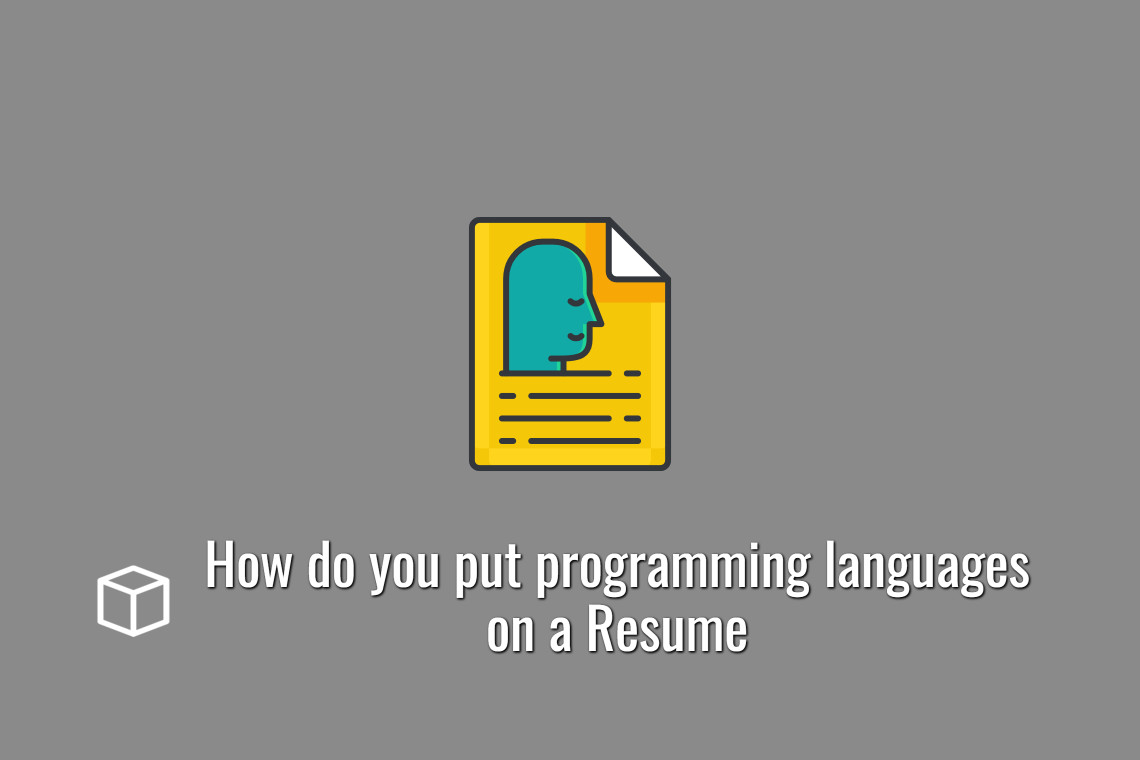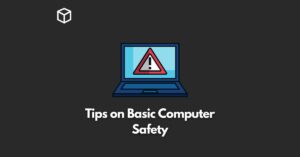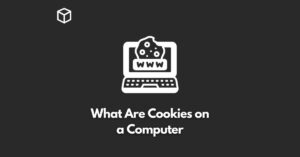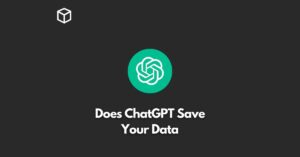Language skills might help you fill up the gaps on your CV. If you’re creating your first resume or a student resume, language skills demonstrate your capacity to adapt fast and apply what you’ve learned in the classroom to real-world settings.
Below are some questions and answers related to programming languages that you can put on a resume or CV.
How do I describe my SQL skills on a resume?
Developing SQL queries to study, analyze, and debug data and create business reports; and working with the development team to discover and repair software faults and shortcomings are some of the skills connected with being a SQL Analyst that are commonly seen on sample resumes.
Should I put Python on my resume?
Put it on your resume if you’ve worked with Python at a coding bootcamp.
It’s acceptable to have it there as long as you can answer inquiries about it.
While work experience is beneficial, it is simply one of several ways to demonstrate competence.
When can you say you know a programming language?
You’ve grown efficient when you’re utilizing less and less code to do the same tasks.
You may say you “know” a language if you can tell the difference between two implementations of a certain data structure (say, an ArrayList and a Vector).
What is Python basic knowledge?
Python is an object-oriented programming language that is interpreted and interactive. Modules, exceptions, dynamic typing, extremely high-level dynamic data types, and classes are all included.
Python includes packages that encapsulate several types of library functionality (also called packages).
What are the two most important skills a programmer must have?
Expression and problem-solving are the two most important skills for all coders. Above all, you must be able to devise innovative solutions to complex issues.
The good news is that by practicing the talents on this list, you’ll improve these two crucial abilities as well.
Do you need to be good at math to code?
Learning to program entails a lot of Googling, reasoning, and trial-and-error, but it doesn’t require much more than fourth-grade math. Math has little to do with coding, especially at the beginning.
Where do I start career coding?
A computer science (C.S.) degree, which includes learning a web development language, is the most obvious way to begin a career in programming (like JavaScript, Java, Python, and Ruby to name a few). However, you might be surprised to learn that people are more likely to enroll in a coding bootcamp.
Is C++ worth learning in 2022?
According to GitHub data, C and C++ will be the finest programming languages to use in 2022, since they are still in the top 10. So, then, the answer is no. C++ is one of the most widely used programming languages.
Can I put SQL on my resume?
Without a doubt. Simply SQL, and the interviewer will determine your competence level. By the way, there is a resume group where this type of inquiry would be better posed.
Is SQL a technical skill?
SQL is the one technical ability that every non-technical person should be familiar with.
How much Python should I know for my resume?
Python tasks come in a variety of shapes and sizes. They necessitate various abilities. Some schools suggest that if you put in at least 4 hours each day, you can learn Python in roughly 5 months. It’s one thing to gain Python skills, but it’s quite another to get work.
How do you talk about programming experience?
Focus on how your programming assisted clients or previous companies while sharing your experience for the most successful CV or interview. Begin with an aim and a summary of your previous experience.
Is it enough to only know Python?
The language is simple to learn, but you must know more than the fundamentals to get a job; you must have a thorough grasp of some rather sophisticated procedures. Python is a general-purpose programming language, which means it isn’t simply for web development.
Is bilingual a skill for resume?
Yes, being bilingual is a talent that can be added to your CV just like any other language skill. In fact, it may be the catalyst for your CV to take off. As a result, provide details about your multilingual abilities throughout your CV.
Are you more likely to get a job if you are bilingual?
If two applicants with comparable experience and education compete for a job opportunity, but one is fluent in more than one language, the bilingual candidate is most likely to get hired. Being multilingual creates an impact even early in the employment process, when you submit your CV.
How do I know if I learned a programming language?
When you can develop useful programs in a language like C++ or Ruby, you may say you “know” it. Use the same terminology as you would for a human language if you need to measure your knowledge of the language.
Which programming language are you comfortable?
Ideally, you should use a language that your interviewer has used previously, but it should be readable by a wide audience at the very least. Java, C / C++ / C#, Python, Javascript, and maybe Ruby are some strong, typical possibilities for interviews.
Does anyone know every coding language?
At the end of the day, programming languages are nothing more than a collection of rules that allow us to tell computers how to do things. However, no programmer will ever be able to grasp all of the programming languages available. That’s why it’s crucial to be aware of your alternatives.
Can I learn Python without any programming experience?
Yes, you can learn Python without having any prior programming knowledge in any other language. Python is simple to learn due to its grammar, which is similar to that of English.
Can I learn Python in a month?
Yes, it appears that you can! The first and most important condition for learning Python (within a month or not) is a basic understanding of coding and a small amount of proficiency in any other language such as C, C++, C#, Java, and so on.
Is Python the future?
Python will be the next programming language. To master AI and ML technologies, testers will need to enhance their abilities and grasp these languages.
Python has had a steady and spectacular trend of growth in the twenty-first century, despite not having had particularly shining years in the past (it was mostly launched in 1991).




